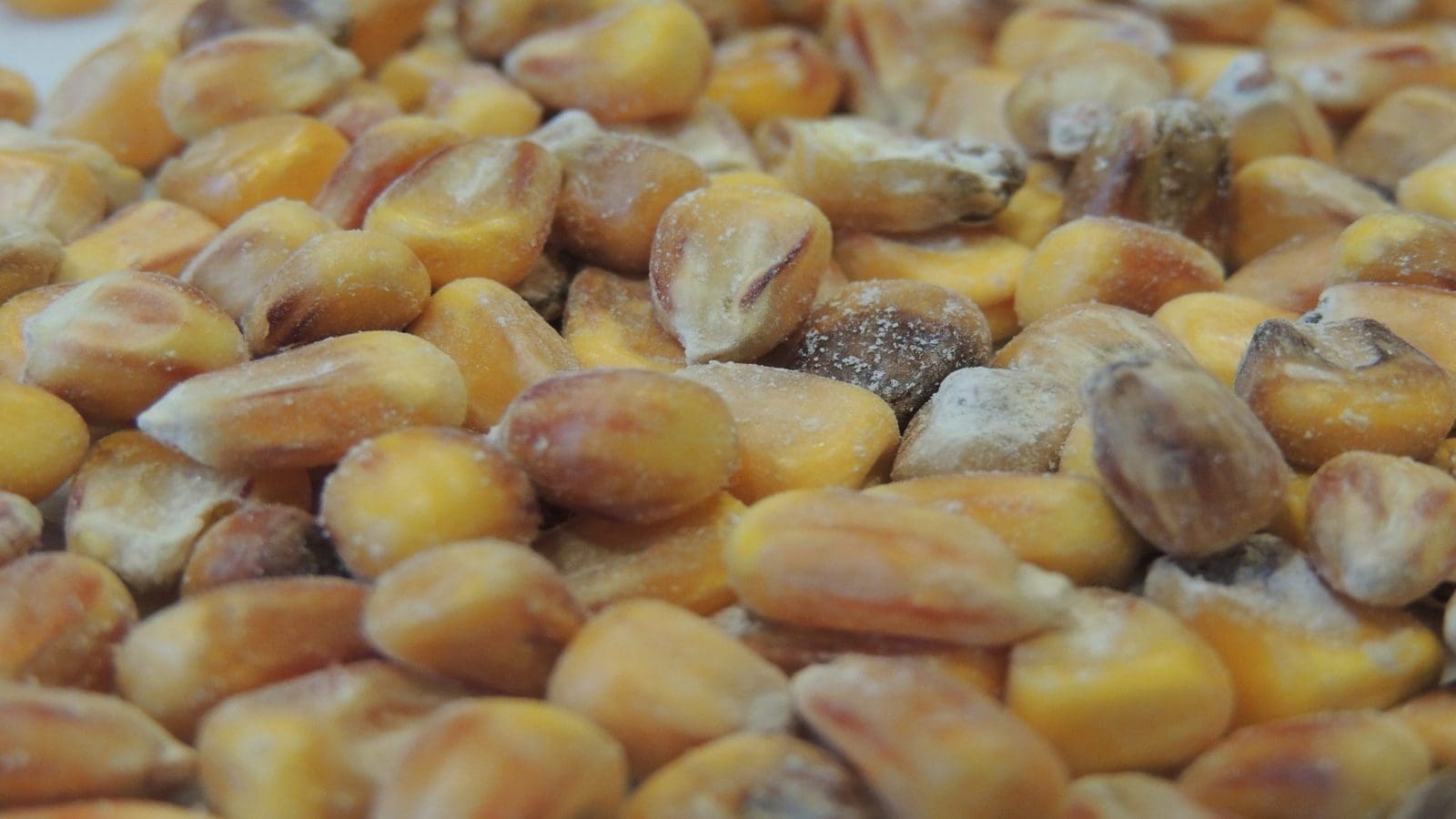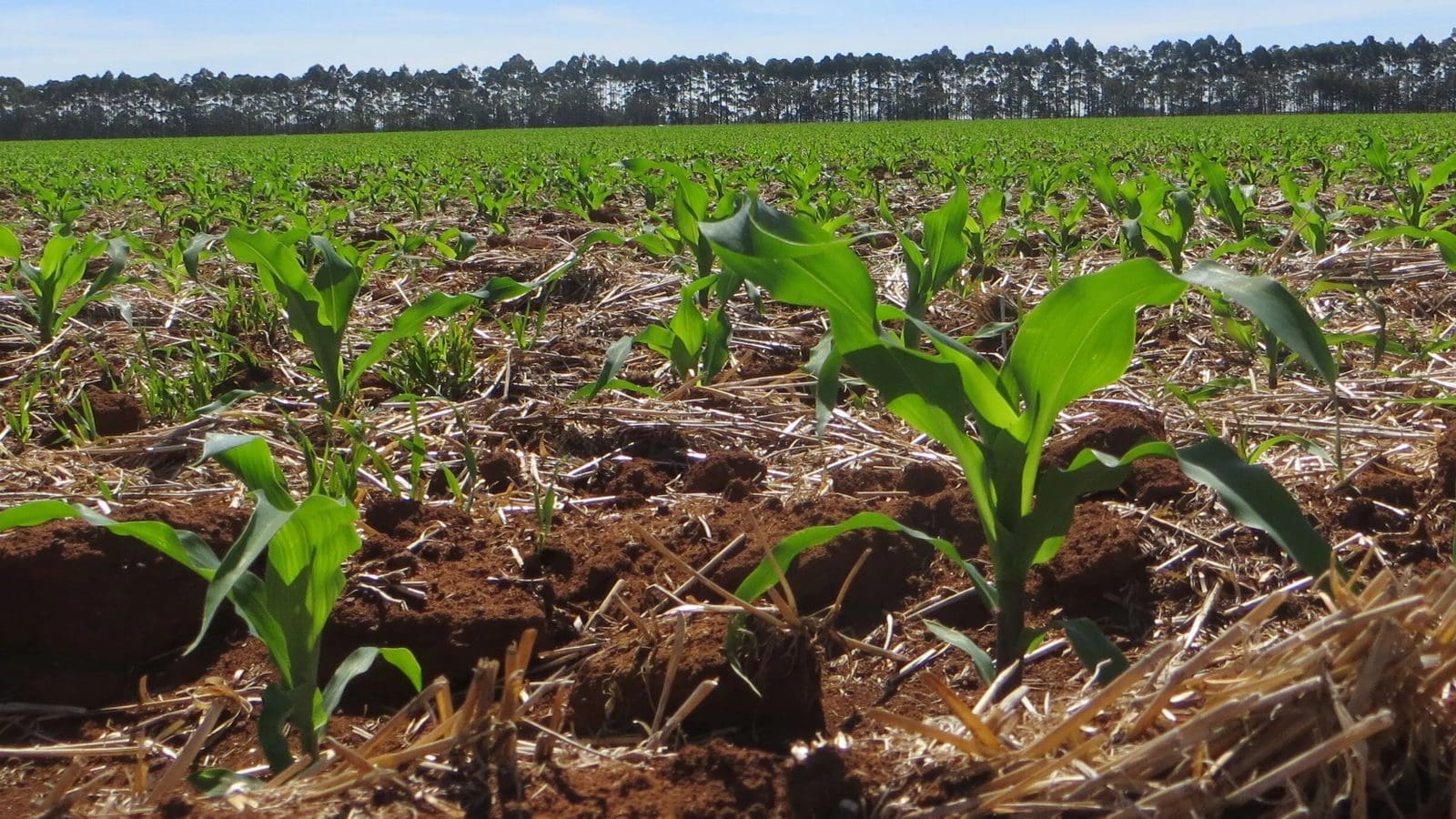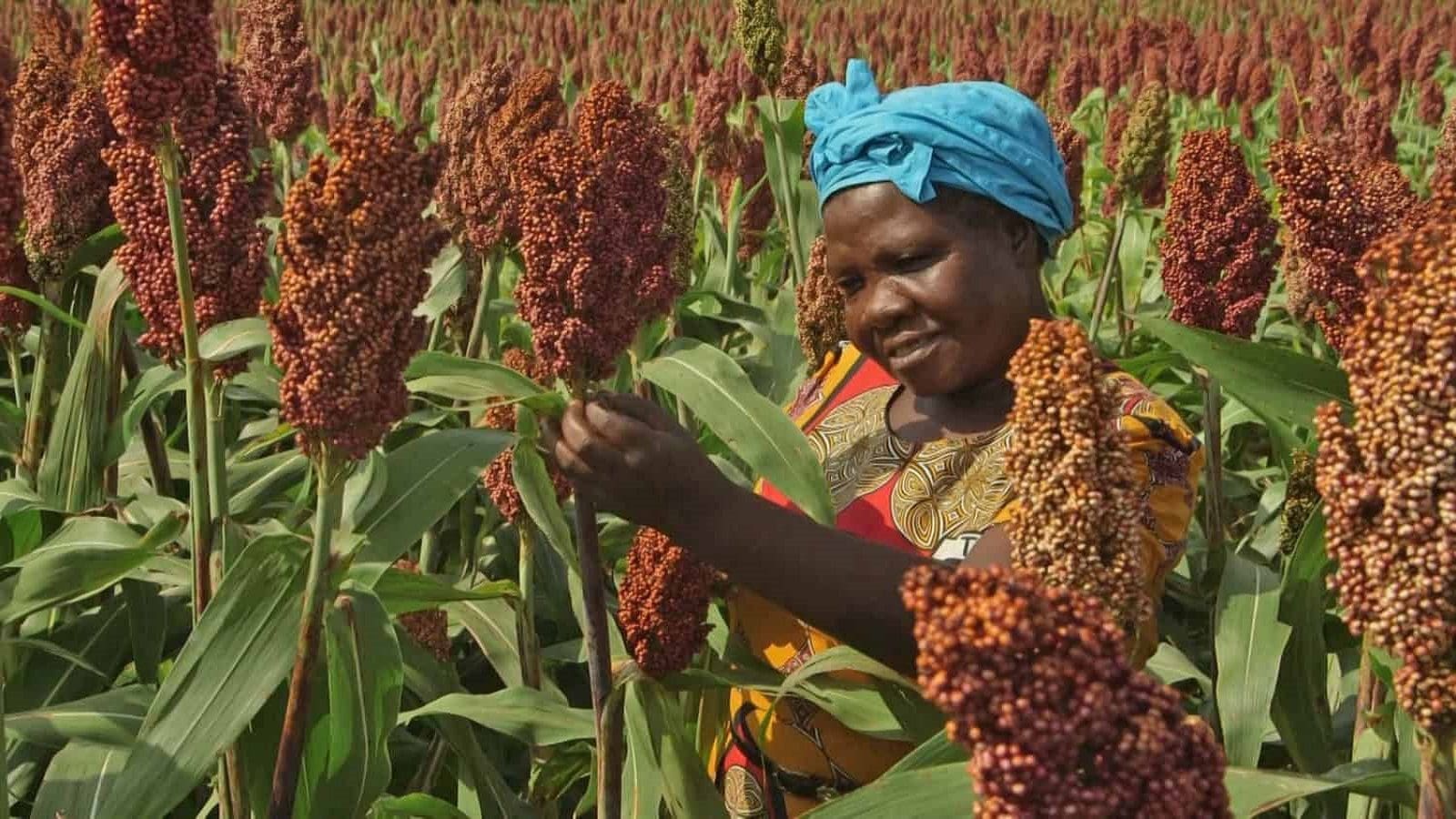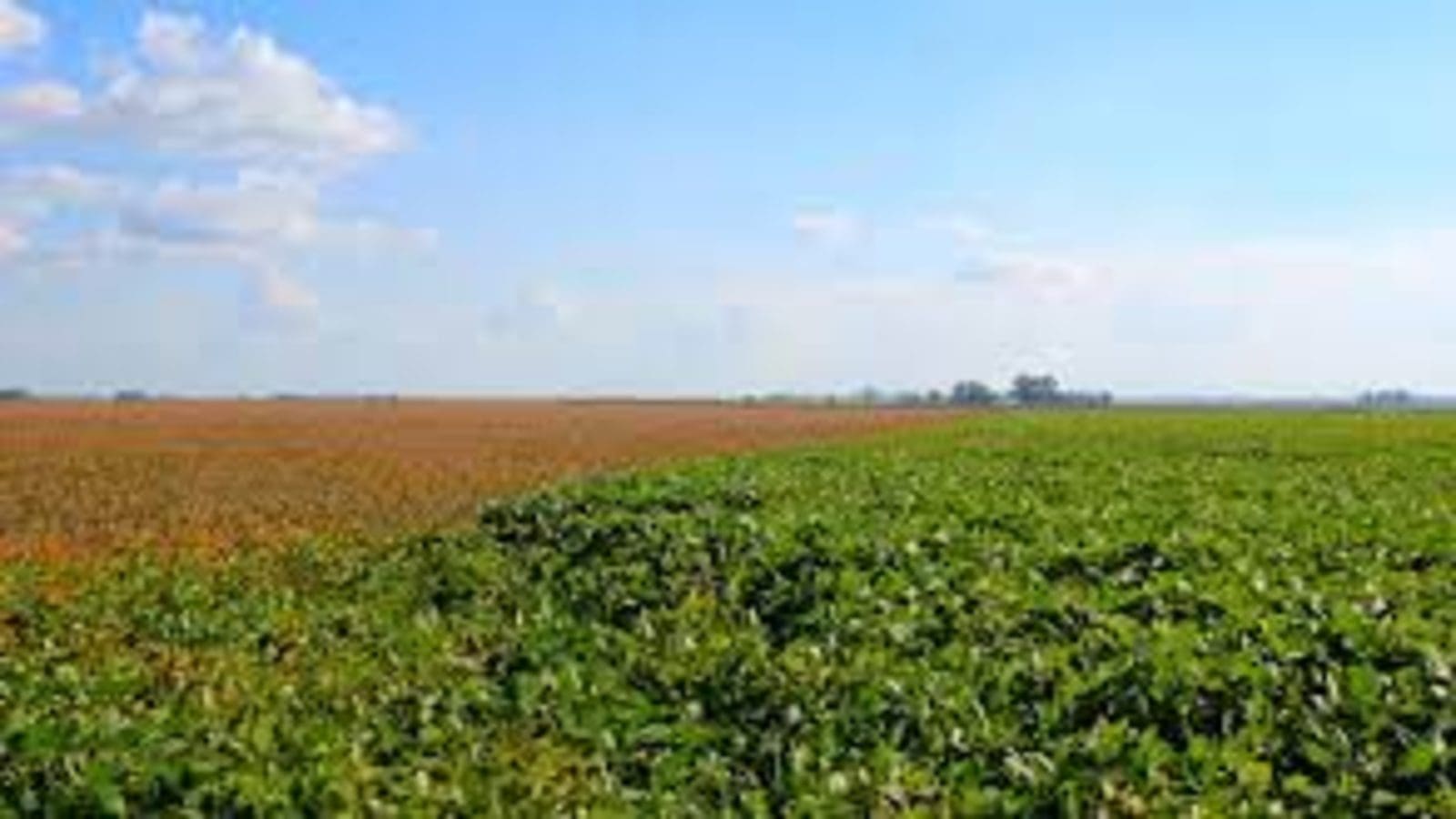UGANDA – Limited awareness of standards and the absence of incentives for compliance with standards are to blame for the economic losses in maize trade in Uganda according to Daniel Njiwa, the head of regional food trade at AGRA Africa.
According to New Vision, Njiwa revealed this while concluding a one-week tour of members of the Grain Council of Uganda.
The tour was aimed at assessing the impact of a project titled ‘Improving Compliance with Maize Quality Standards along Trade Corridors in East Africa’.
This is following a program launched in 2021 by AGRA with support from the UK government’s Foreign and Commonwealth Development Office (FCDO) and USAID through the Eastern African Grain Council (EAGC) and The Grain Council of Uganda (TGCU) as the implementing partners aimed at reducing economic losses among maize traders in Uganda.
Before the intervention, it was estimated that Uganda was losing approximately US$16m due to the reduced value of agricultural exports resulting from poorly handled grains, in particular aflatoxin contamination.
Among economic losses is the March 2021 scenario when Kenya, among the largest importers of maize, issued a ban on Ugandan maize citing high levels of aflatoxin.
According to Kenya, the commodity was unfit for human consumption following the reports and consequent findings by UNBS of the poor quality of the foodstuffs, mainly maize and beans that had been supplied by local companies to the government as relief food for Covid-19 affected persons.
In 2015, large-scale millers in Kenya rejected 19% of maize deliveries equivalent to approximately 2,800 metric tonnes of maize worth over $932,000 due to poor quality and higher levels of aflatoxins, according to reports from the EAGC.
The investment, according to Njiwa, was aimed at addressing quality issues and enforcing standards along the maize value chain because most of the maize produced in Uganda ends up in the regional market.
“So coming here in Uganda, we wanted to appreciate the kind of relationships that aggregators have established with smallholder farmers, types of services offered to improve the handling of maize right from the farm to the market,” said Njiwa.
He however added through his assessment of farmers participating in the project, that farmers have adequate knowledge about what is required in the sector but there is no drive to increase investments in additional services like equipment.
He, therefore, recommended creating awareness of aflatoxins and management practices, popularising the importance of Aflasafe, a biological control product, to counter aflatoxins, and also working with the Uganda National Bureau of Standards (UNBS) to increase awareness of existing maize standards among others.
For all the latest grains industry news from Africa, the Middle East and the World, subscribe to our weekly NEWSLETTERS, follow us on LinkedIn and subscribe to our YouTube channel










